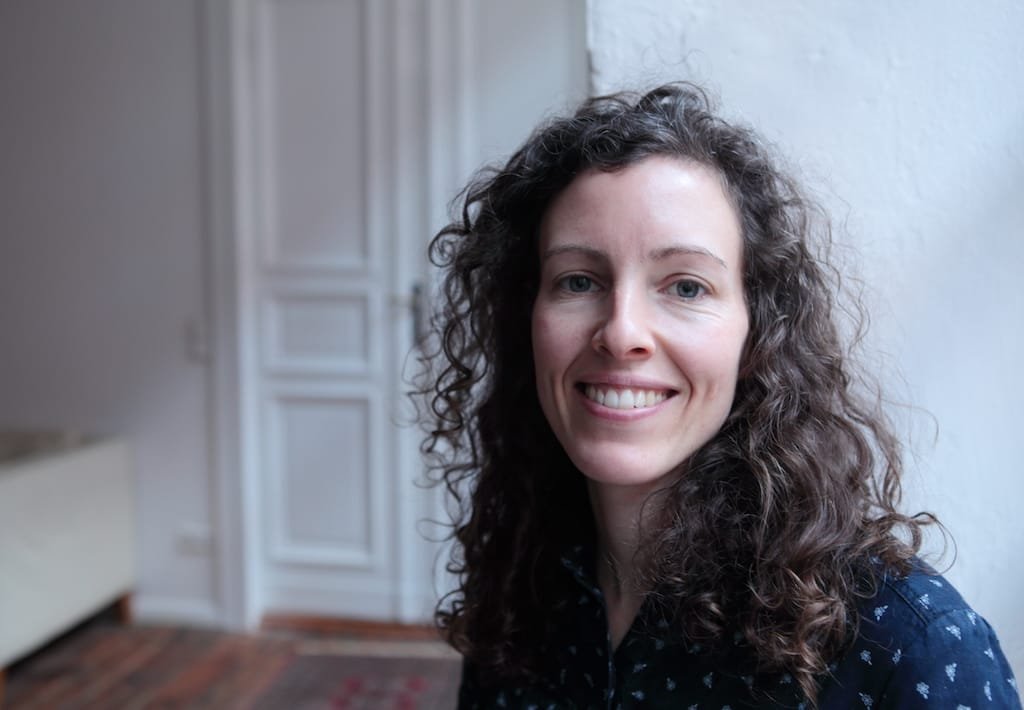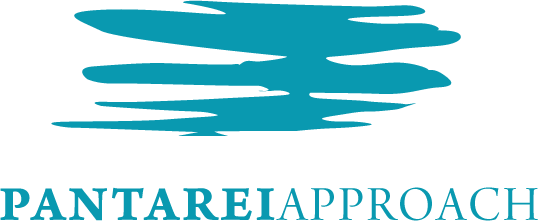
Flow – Practitioner Q & A: Nele Coelsch, Germany
We see the flow of life, like a river – as one great flowing journey. The essential flow of life is achieved when we understand the concept of flow and can integrate it into everything we do. As part of a regular series, we are asking people we know, people we have discovered and people we are inspired by, to share with us some insights into their life, their work and what flow means to them
Q. Tell us about yourself and what you do
My name is Nele Coelsch. I am a social worker and work with families in Berlin. I really like my work and the people I encounter through it: the kids, the parents and my colleagues. I am also part of a collective called FairBindung e.V., that works for the vision of a society that is not dependent on economic growth, in terms of the GDP. We try to understand the implications of this violent economic and social system, that includes competition, the enhancement of capital of different kinds, a general separation amongst people, egoism and so on and we look for transformative solutions.
I have a specific interest in understanding how different power structures like capitalism, sexism and racism, as well as other –isms, function and how they shape me and all of us in the way we think, talk, feel and move in this world. During the last few years I have been looking for strategies to slowly emancipate myself from these destructive systems. I wanted to find an approach that includes our bodies, minds and souls and then I bumped into Pantarei. Also important is that I love to dance and to hike!
Q. What touches you about the Pantarei Approach?
I see Pantarei as an approach that helps to explore different dimensions of a person, with a lot of genuine curiosity in his or her entire being. A central element of Pantarei is the reliance on the wisdom of the physical body, to reach certain aspects of a person. In a session, you get access to a layer of incarnated memories and experiences, as well as an intuition that you cannot access just through verbal communication, reading, thinking or imagining.
It might be, for example, that a woman makes use of a session with a focus on some questions concerning her work situation. In the session, her body reveals some memories of the moment of giving birth, or even being put into bed by her parents when she was a five year old child. Both situations that might no longer be part of her active thoughts but are memorized and invoked by her body and could be awakened through touch and movement in the session. That is when it gets really interesting: to discover emotions and retrospections, you didn’t even know were stored in your body.
It is an experience beyond our cognitive understanding. Through the transformation of individuals, I strongly believe we transform something that goes far beyond individuals. We transform personal and social history through our presence.
Q. What does being in flow mean to you?
Being in flow can mean many things to me. One thing is a certain attitude, that carries me through everyday life. If I’m in flow, there is little that can distract me from concentrating, being myself, doing what I want to do, what life asks me to do, but with a sort of positive acceptance, satisfaction and even joy. It definitely means acting less out of fear, but more out of optimism, respect and love to someone or something. To me, there can be a spiritual dimension to it as well. It appears in many different manifestations, short moments or states of being, for a longer period of time.
Q. How have you seen flow in action in your life?
Sometimes I can see flow when things happen in a miraculously unpretentious way. For example, last week I went to Würzburg by train and due to a storm, the train was packed and there were no available seats! I was preparing myself to stand for four hours, then a lady came and told me and some others that there were some free seats in the back of the wagon. So, the flow led me to a new experience – I was invited to sit next to a wonderful person and we had a nourishing social conversation with each other.
Being in flow means those spontaneous moments of connection that happen in daily life – like when we receive a call from someone, right in the moment when we were thinking about talking to them. A very concrete situation for me is a moment of dancing: feeling connected to the music, not knowing where the music ends and the movement starts. It all becomes one. I enjoy flow every day –I can see it when I get on my bicycle in the morning and unconsciously start to sing while riding to work.
By Nele Coelsch
You can contact Nele by email or learn more about her, here on her Facebook Page.



rita boss
May 8, 2018 at 4:15 pmwow this is a really cool interview